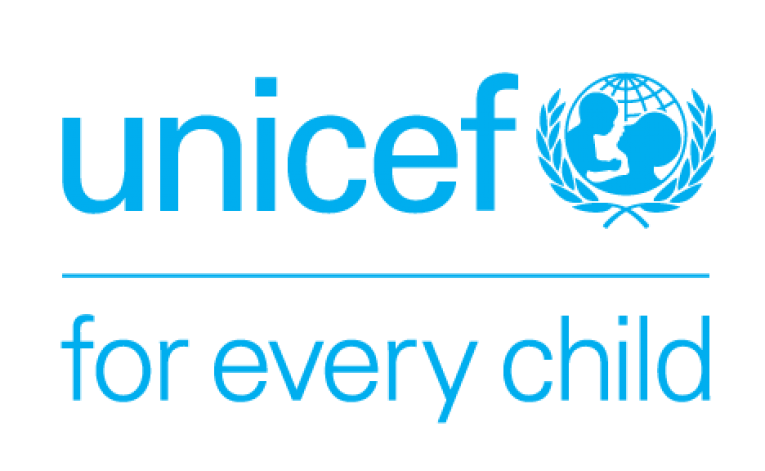By Muhammad Amaan
The United Nations Children Funds (UNICEF), has commended the Katsina and Kano State Governments for expressing interest in piloting the Universal Child Benefit (UCB) initiative in their states.
A Social Policy (SP) Specialist with UNICEF Kano Field Office, Hajiya Fatima Musa made the commendation at the end of a two-day meeting/workshop in Kaduna.
The event was organised for the joint Child Poverty Technical Working Group (TWG), supported by UNICEF.
According to the specialist, the development came at the right time, as it was aimed towards addressing child poverty.
Hajiya Fatima further said that the development was a great achievement, adding that Katsina and Kano States were the first to solidly express their interest in UCB.
She added: “One of the decisions that a government would take to impact on the lives of children is to pilot UCB. It must be supported by comprehensive social protection systems and quality social services, including healthcare and education.
“It has very positive effects on children’s lives, contributing to reducing poverty, both monetary and non-monetary, as well as increase in local economy multipliers.”
According to Musa, the UCB programme is in line with the commitment of UNICEF towards attaining the ‘SDG 1,’ ending poverty in all its forms.
She said that in Kano, 69.2 per cent of children of 0-17 years old were defined as multidimensionally poor, while 59.5 per cent of children of 0-17 years were monetarily poor.”
The Senior Special Assistant (SSA) to Governor Umaru Dikko Radda on Victims of Banditry and IDPs, Alhaji Sa’idu Ibrahim-Danja said the commitment made by the two state governments to reducing child poverty was a huge stride.
According to him, the move will accelerate changes boosting human development in the two states.
“Poverty is a critical development issue which is a cause for concern in different states of Nigeria, especially as it has robbed children of exploring and achieving their potential.
“Governments have made progress in reducing poverty rates through various social protection interventions.
“But the dynamic socio-economic issues erupting in present times have made it more imperative for them to do even more to reduce the hardship facing the populace, particularly children.
“Katsina State has an estimated population of 10.37 million, with 48.5 per cent below 14 years. 61.2 per cent of children belong to poor households.
“They are living with less than N374 per day, and 65.4 per cent of children are multidimensionally poor.”
Ibrahim-Danja said that UCB could be a good instrument and, or policy measure, with a multitude of developmental, economic, and political rewards associated with investing in children.
He said it also had the potential to reduce the risks of a child becoming involved in child labour and abuse.
Ibrahim-Danja explained that this would lead to improvements in school attendance, learning, accessing health services, and better nutrition which have long term benefits for children.




